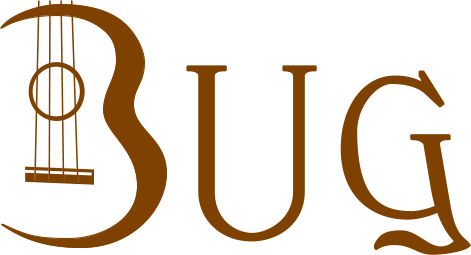DOWNLOAD THE SONGSHEET
Garden Party (D)(WORD)
Garden Party (D)(PDF)
Garden Party (F)(WORD)
Garden Party (F)(PDF)
YOU CAN PLAY ALONG WITH THE RECORDING using the (D) songsheet!
On May 8, 1961 (his 21st birthday), Nelson officially modified his recording name from "Ricky Nelson" to "Rick Nelson". This song was Nelson's last Top 40 hit, reaching 6 on the U.S. Billboard charts. In 1985, Nelson began a "Comeback tour" with Fats Domino. He put the "y" back on his name and became "Ricky" again. He sang the songs for which he was famous and released a greatest hits album, Ricky Nelson: All My Best. His comeback was cut short when, while on the tour circuit, his plane crashed on New Year's Eve.
"Garden Party" tells the story of Nelson being booed at a concert at Madison Square Garden. On October 15, 1971, Richard Nader's Rock 'n Roll Spectacular Volume VII concert was given at Madison Square Garden in New York City. The playbill included many greats of the early rock era, including Chuck Berry, Bo Diddley, and Bobby Rydell, with Rick Nelson and the Stone Canyon Band listed in advertisements as a "special added attraction". Nelson came on stage dressed in the then-current fashion, wearing bell-bottoms and a purple velvet shirt, with his hair hanging down to his shoulders. He started by playing his older songs like "Hello Mary Lou", but then he played the Rolling Stones' "Country Honk" (a new country version of the Stones hit song "Honky Tonk Women") and the crowd began to boo. While some reports say that the booing was caused by police action in the back of the audience, Nelson thought it was directed at him. Nevertheless, he sang another song but then left the building and did not appear onstage for the finale.
"Garden Party" tells of various people who were present, frequently in an oblique manner: "Yoko brought her Walrus", referring to Yoko Ono and John Lennon. One more reference in the lyrics pertains to a particularly mysterious and legendary audience member: "Mr. Hughes hid in Dylan's shoes, wearing his disguise". The Mr. Hughes in question was ex-Beatle George Harrison, who was a next-door neighbor and good friend of Nelson. Harrison used "Hughes" as his traveling alias, and "hid in Dylan's shoes" most likely refers to an album of Bob Dylan covers that Harrison was planning but never recorded.
